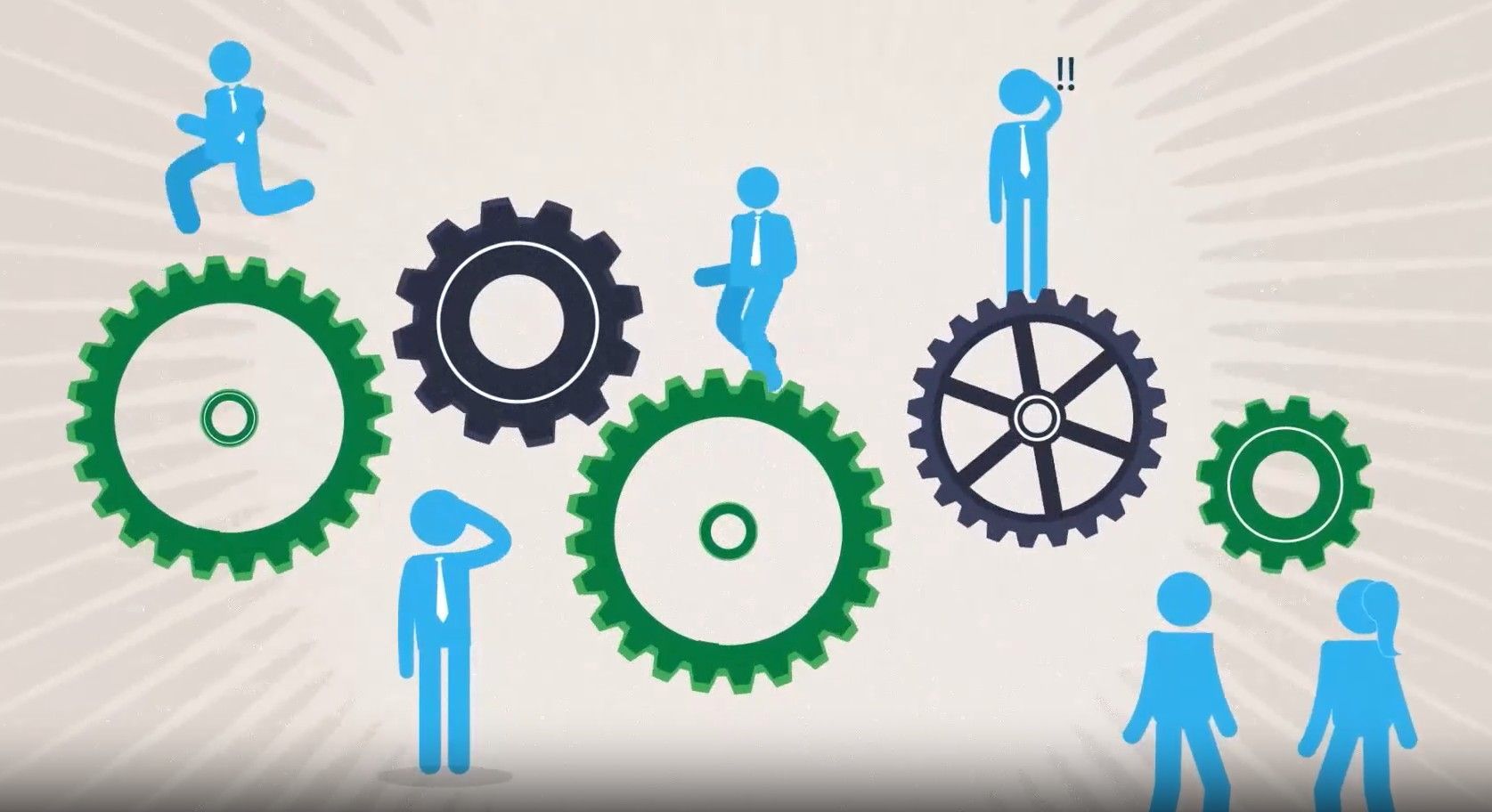Put Down the Phone, Pick Up Your Sales
August 14, 2025
Will the perceived decline in the value of face-to-face communications accelerate in the new year? Worse, will it accelerate a real decline in your sales performance?
Recently the Wall Street Journal reviewed the book Face to Face: The Art of Human Connection by Oscar-winning film and television producer Brian Grazer*. The review, “Put Down the Phone,” explained how the book offered guidance on dealing with the now commonly accepted practice of “connecting” without actually getting together. Phone, e-mail, text, and other channels are great for many types of communication. But they also seem to mean that our ability to communicate productively in person is gradually disintegrating—and so is respect for its use.
But is there anything really wrong with that trend? Do natural, though subtle, human communications habits such as eye contact and body language even matter anymore?
The short answer is, “Yes,” they do. For one thing, in society they help to build community and stave off the increasing, and detrimental, isolation of individuals. It also turns out that they especially matter to business-to-business salespeople and business developers.
Business-to-business sellers who spent significantly more face-to-face time with customers and prospects also significantly outsold those who spent less, according to new research.** The difference in time spent was more than double—45 percent versus 21 percent. In addition to an absolute time advantage, the top producers also had much better consultative selling skills that they clearly put to good use. The time factor is important in another way: Consultative selling takes time because, effectively done, it ferrets out the true needs of customers and, more important, what meeting those needs will mean to specific customers.**
Success in selling complex business-to-business products and services, in our experience, practically requires face-to-face interaction. During the sales process, prospects respond much better when they can use all of their senses to size up a seller—that means you—before making the kind of sizable investments business-to-business sales usually represent. After all, in this kind of consultative (versus transactional) sale, buyers are nearly always buying the seller—and the seller’s inherent integrity and humanity—as well as the offering. Individual sellers must often deliver value after the sale, just as their products or services do, and buyers want to be confident that they can and will.
There are major implications of this trend for business in general, and business development in particular. Because dyslexia made it more difficult for Grazer to communicate through writing and reading, he early on made a practice of trying to meet people face to face. As a messenger, he developed the ability of getting in to see people, no matter how important they were. Essentially, he simply insisted that he had to make the delivery in person. Once one-on-one he would ask for advice and then learn even more by asking effective discovery questions. In other words, he became highly skilled at making his conversations about the people he was talking to, not about himself. And that’s what the very best salespeople do—the 20 percent who consistently bring in 80 percent of new business.
The advice in this book mirrors what we teach in our FOCIS® class on consultative selling and persuasive communications. Networks are built by communicating with people you meet in a way that creates value for them. To create value you need communication skills, but not just any communication skills. Those particular skills do come naturally to some business developers. More common (and unproductive) is talking mostly about your company, your products, and yourself, which unfortunately in our experience is what most salespeople do.
The good news is that anyone can learn the right consultative selling skills and become effective in persuasive communications. It all begins with being proactive first by being face to face if possible, and second knowing how to guide a conversation that creates value for the other party. This idea is easy to understand, but difficult to put into practice, especially day in and day out. FOCIS® training helps to make it second nature.
Manufacturers: New CEO Peer Group
Can Build Your Company
If you’re looking for a proven way to make your business much stronger, check out peer learning as a valuable resource. We’re launching a professionally facilitated group in 2020 in cooperation with the Chief Executive Network. (See CEO Peer Groups: Your Path to Competitive Advantage ?)
Contact us at pkrone@productivestrategies.com or call 847-446-0008 Ext. 1. We can discuss your business goals and challenges to see whether peer learning might offer useful support.
Key Point: Using persuasive communications skills is not manipulation. It is not getting people to agree to something that is not in their best interest. Far from it. Fairly quickly, the process actually helps both the buyer and the seller figure out whether a fair exchange of value is possible. If it’s not, both parties know why, and they don’t need to spend any more time pursuing it. This is a tremendous time-saver for hardworking salespeople who too often call on the same prospects again and again—even though they really aren’t prospects anymore and will probably never buy.
Brian Grazer himself was not a natural networker but he ended up meeting with heads of companies, US presidents, and some of the most famous people in the arts. He overcame his dyslexia to build a network based on interpersonal, face-to-face communications. This skill required preparation and the development of discovery skills—the same kind that professional salespeople and other business developers need. We meet salespeople every day that tell us they believe in “relationship selling,” yet they don’t really know what it is. We see relationship selling as discovering what a fair exchange of value is, or whether it exists at all. We also see value creation as a key in initiating, building, and sustaining relationships.
They also lack the skills to be seen as experts and to be trusted more quickly than most other business developers. They want to move the focus off of price and on to value, but don’t fully understand how to do that. They think the answer is in their messaging—what they or their marketing materials say about the product and the company. But it isn’t. It’s not about one-way messaging but about two-way messaging—that is, dialogue. It’s about a back-and-forth process in which both buyer and seller learn what they need to know in order to do a deal that’s right for both of them—or that a deal isn’t right for either of them. Messages can get attention, which can lead to business-to-consumer sales. To make business-to-business and business-to-government sales we need dialogue that creates value without giving away the secret sauce. That dialogue comes from the sales process, and the sales process needs to be customized for each industry, product, and prospect.
So, if your salespeople . . .
- Aren’t as proactive as they need to be
- Lack a productive sales process
- Rely on canned pitches
- Respond to RFPs by just answering the questions instead of creating value . . .
Please contact us. We can help you help your salespeople put down the phone and become much more productive business developers. Phil Krone: 847-446-0008 Ext. 1 or pkrone@productivestrategies.com .
* Since founding Imagine Entertainment with Ron Howard in 1986, Grazer’s films and television series, often made with collaborators, have been nominated for 43 Academy Awards and 187 Emmys. In 2007, Time magazine named Grazer one of the “100 Most Influential People in the World.” Howard and Grazer’s films together have grossed more than $13 billion.
** McKinsey & Company. Survey of almost 23,000 reps from 74 global organizations. See What’s Wrong with Solutions Selling?
The post Put Down the Phone, Pick Up Your Sales appeared first on Productive Strategies, Inc..










